"Fear Will Not Fill Our Bellies": Why Indian Scavengers Risk Their Lives Amid Coronavirus Debris
"What if we die? What if we get this disease? But fear will not fill our bellies, that is why we have to do this work"
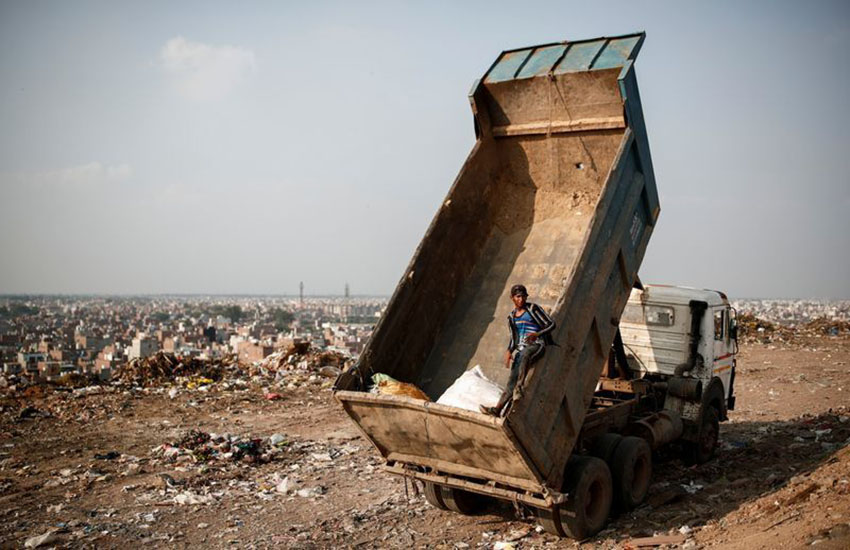
Photo Credit : Adnan Abidi
New Delhi, India: Mansoor Khan and his wife Latifa Bibi (pictured below) have been collecting scraps of plastic and other items at an enormous landfill site on the outskirts of New Delhi for nearly 20 years.
.jpg)
The $5 daily earnings enable their three children to go to school, in search of a better future than their parents' lives amid the stench of rotting garbage.
But over the past few months, increasing amounts of biomedical waste have been arriving at the dump - a result, experts say, of the novel coronavirus pandemic and a huge risk for those who work there.
.jpg)
Spread over 52 acres and rising more than 60 metres, the site is littered with used, plastic coronavirus test kits, protective gear and cotton stained with blood and pus – among hundreds of tonnes of waste coming daily from across the Indian capital, including small hospitals and nursing homes.
.jpg)
Sifting with bare hands, hundreds of scavengers including children expose themselves to a disease that has infected more than 15 million people globally and claimed over 600,000 lives.
.jpg)
.jpg)
India has reported almost 1.2 million cases overall, behind only the United States and Brazil.
Khan, 44, is aware of the dangers but feels he has little choice.
.jpg)
"What if we die? What if we get this disease? But fear will not fill our bellies, that is why we have to do this work," he told Reuters, standing outside his two-room concrete house at the foot of the garbage mountain.
.jpg)
Bibi, 38, said she was worried about bringing the infection home to the couple's children, aged 16, 14 and 11.
"When I return from there, I feel afraid to enter my house because I have children at home. We are really afraid of this disease," she said.
.jpg)
Dinesh Raj Bandela, an expert in biomedical waste at the Delhi-based think tank Centre for Science and Environment, said there are clear protocols set by the national pollution regulator to dispose of biomedical waste.
But they are not always being followed during the outbreak, he said, putting those who sift through landfills at risk of contracting coronavirus and other diseases, ranging from hepatitis to HIV.
Neither the North Delhi Municipal Corporation, which runs the dump, nor India's Central Pollution Control Board, immediately replied to requests for comment.
.jpg)
According to Bandela, the Indian capital used to produce nearly 600 tonnes of medical waste a day, but that has risen by 100 since the virus hit.
Photo Credit : Adnan Abidi
-

Indigenous people march in Brazil to demand land demarcation
2024-04-24 -
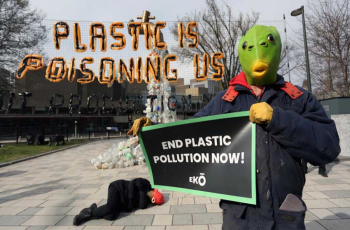
Talks on global plastic treaty begin in Canada
2024-04-24 -
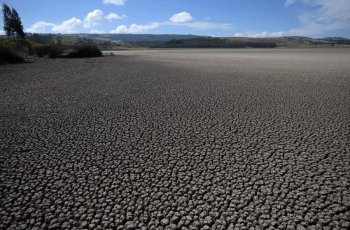
Colombian court recognizes environmental refugees
2024-04-24 -
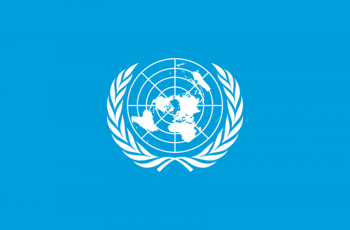
Asia hit hardest by climate and weather disasters last year, says UN
2024-04-23 -

Denmark launches its biggest offshore wind farm tender
2024-04-22 -

Nobel laureate urges Iranians to protest 'war against women'
2024-04-22 -

'Human-induced' climate change behind deadly Sahel heatwave: study
2024-04-21 -

Moldovan youth is more than ready to join the EU
2024-04-18 -

UN says solutions exist to rapidly ease debt burden of poor nations
2024-04-18 -
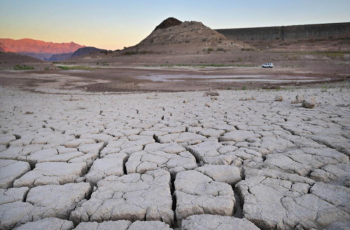
Climate impacts set to cut 2050 global GDP by nearly a fifth
2024-04-18
